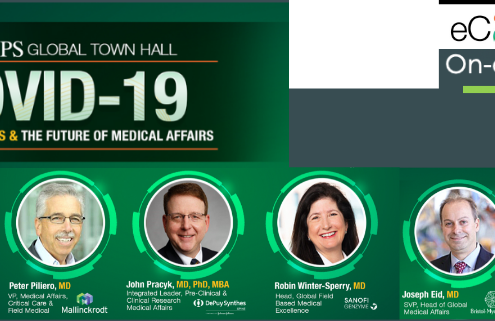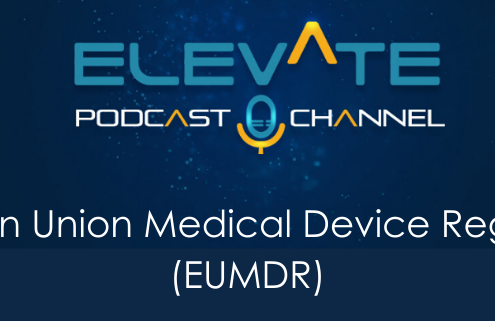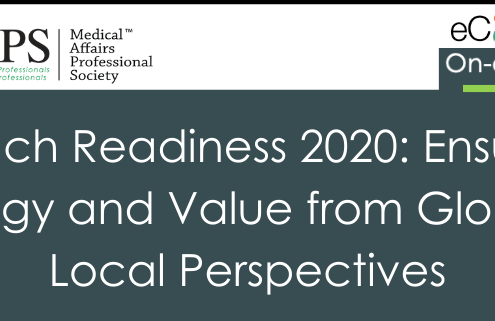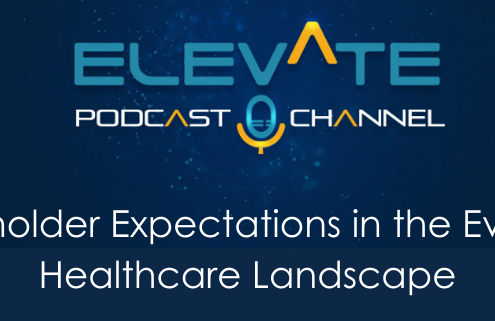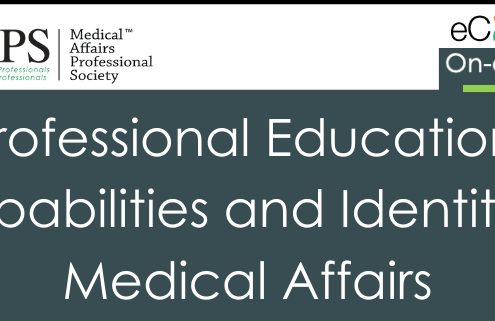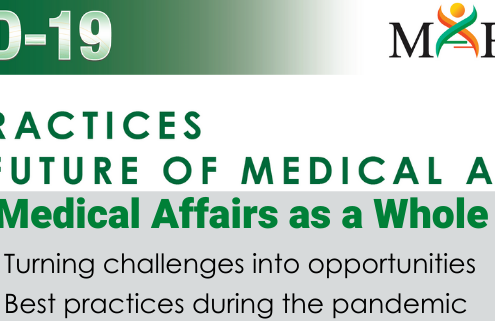 https://medicalaffairs.org/wp-content/uploads/2020/08/4.png
321
845
Medical Affairs
https://medicalaffairs.org/wp-content/uploads/2022/11/MAPS-Logo-R-NoTagLine.png
Medical Affairs2020-05-10 12:20:332024-05-03 13:52:02COVID-19: Best Practices & the Future of Medical Affairs – Medical Affairs as a Whole
https://medicalaffairs.org/wp-content/uploads/2020/08/4.png
321
845
Medical Affairs
https://medicalaffairs.org/wp-content/uploads/2022/11/MAPS-Logo-R-NoTagLine.png
Medical Affairs2020-05-10 12:20:332024-05-03 13:52:02COVID-19: Best Practices & the Future of Medical Affairs – Medical Affairs as a WholeConnect with Us
602 Park Point Drive, Suite 225, Golden, CO 80401 – +1 303.495.2073
© 2025 Medical Affairs Professional Society (MAPS). All Rights Reserved Worldwide.



